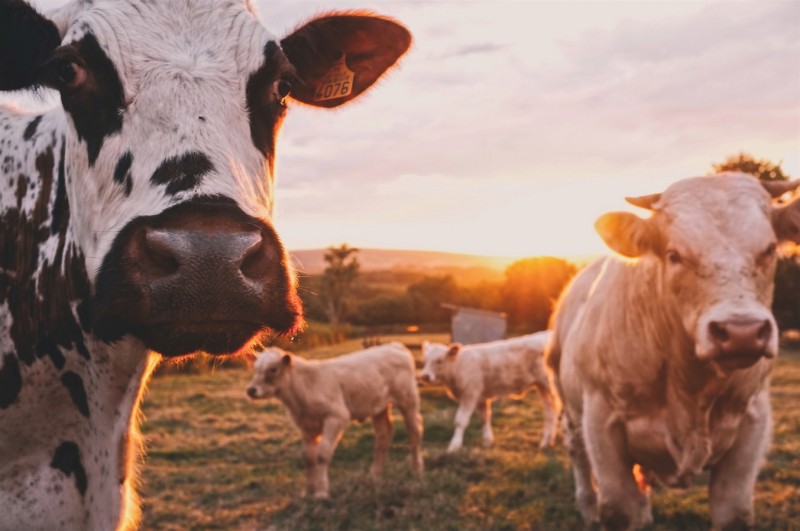
Organic certification is a method to ensure that the product being purchased is genuinely organic. Organic certification is certified by an organic certifying group in order to ensure that the organic business complies with national and international standards for organic processing and farming.
About Organic Certification
In Australia, organic certification is performed by several organisations that are accredited by the Department of Agriculture, Fisheries and Forestry (DAFF), formerly the Australian Quarantine and Inspection Service (AQIS) under the National Standard for Organic and Biodynamic Produce. Currently there are 7 registered DAFF accredited certifying bodies.
Each of these certification bodies is responsible for ensuring that both the general principles and specific requirements of the Standard are being adhered to by the farmers, processors, transporters and retailers certified under their inspection system. In order to ensure that those who have achieved certified organic status are complying with the Standard, certifiers audit them both periodically and randomly.
What is the difference between these logos?
All certifying organisations belonging to the differing logos must ensure that their members comply with the national standard. Each certifying organisation has variations of this standard, however these are generally extra requirements as the National Standard for Organic and Biodynamic Produce is a minimum standard.
The Department of Agriculture, Fisheries and Forestry will not accredit an organisation that does not follow the regulations of the minimum standard.
What is organic food production?
Organic food production or organic farming is founded on the principle of producing food in an environmentally sustainable and socially responsible way, through soil regeneration, water conservation and animal welfare; and minimising the negative known or reasonably possible impacts.
Organic certification requirements
- promoting biodiversity by growing a variety of crops
- preventing soil erosion and improving soil quality
- conserving energy
- protecting wildlife, stream banks and watersheds
- avoiding the use of synthetic or artificially produced pesticides, herbicides, fertilisers or GMOs (genetically modified, transgenic organisms)
|
Do you have a natural health & wellness business? |









